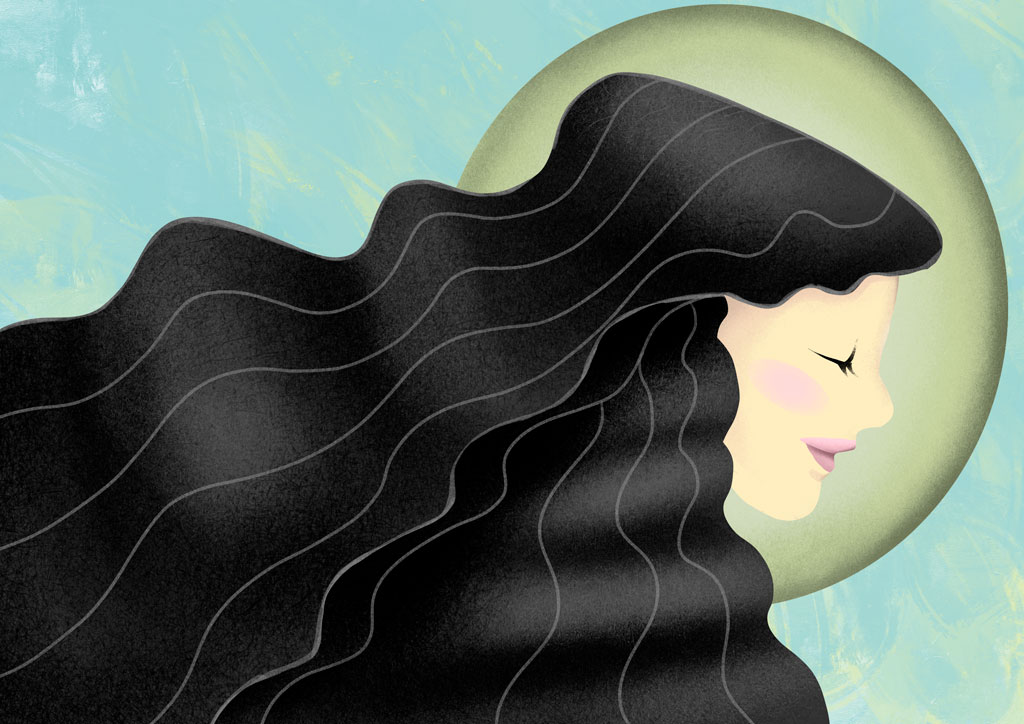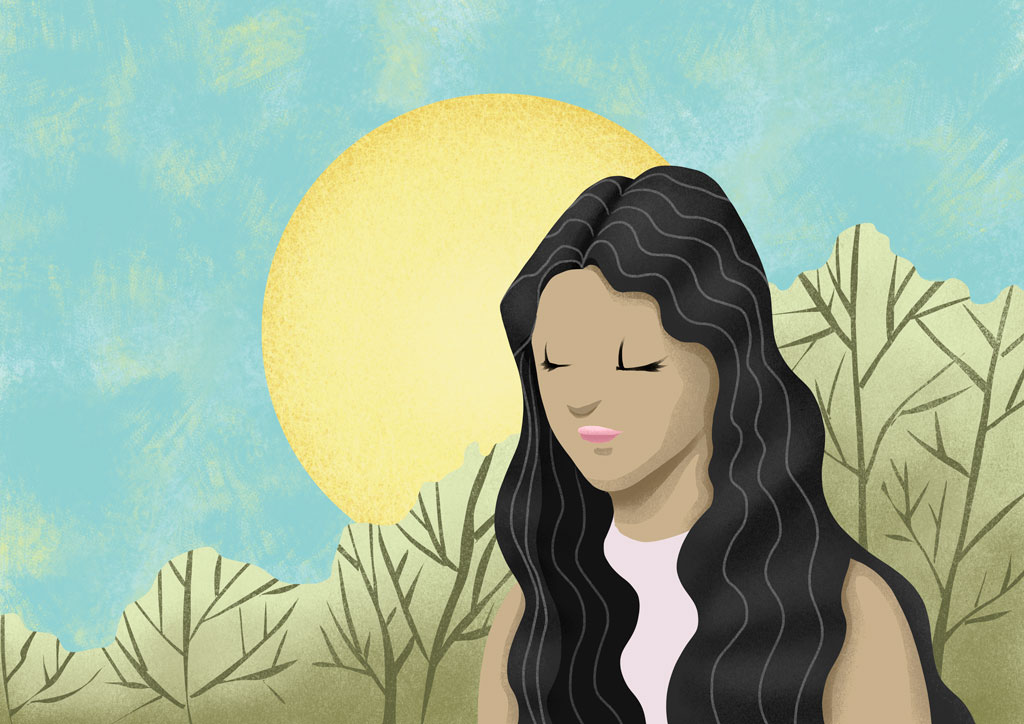
Understanding your emotions and responses
Disclaimer: This guide is not intended to replace professional support, guidance, advice, or diagnosis.
Trigger warning: A trigger is a word or an event that can cause an action to take place. In this toolkit certain words can be triggering for survivors. Which means that reading those words or sentences can cause a survivor to either feel uncomfortable or anxious and might even take them back to an unpleasant memory. If while reading someone does experience this, it is best to do a quick grounding exercise.
Frequently Asked Questions
Why did it happen to me? Is it my fault?
Sexual violence is NEVER the survivors’ fault. There is nothing you may have done, worn or said to have brought the violence upon yourself. Do not feel guilty or blame yourself for the act of violence. Sexual violence is not a consequence of what you wear, where you go, what time it is, or who you are with. The perpetrator or person committing the violence is solely to blame.
I want to end my suffering. I don't think I can go on living. Is it normal to have these thoughts?
It is normal to experience feelings of extreme sadness, anxiety and distress. You may feel hopeless about things getting better. If you are experiencing difficulty with your thoughts or emotions or seem to feel preoccupied by what you have experienced, find a trusted source (family member, a friend, or someone in your community) to share these thoughts with and seek professional help if needed. If you are having suicidal thoughts, it may mean that you need to seek professional support. Remember, you are not alone. There are resources available to help you. (link to resource)
Can I experience love and sustain relationships?
It is possible to move on and find love in a relationship. But it’s also important to focus on yourself and give yourself time to heal and recover. Learn to have a relationship with yourself that is supportive, nurturing and kind and learn to surround yourself with people who do the same. Intimacy and trust go hand in hand, so take the time to get to know someone and trust them before allowing yourself to go deeper in the relationship.
I am in an abusive relationship, and I do not know what to do.
Anyone can find themselves in a physically, emotionally or sexually abusive relationship. It is important to recognise that it is not your fault. It is imperative to recognise that your safety always comes first. This is especially important if there are children at home.
Recognise that the cycle of abuse is not easily broken and often one may need to leave a bad relationship. Whether you are ready for this or not, tell someone you trust and seek professional help. While it may be extremely difficult to confront an abuser or end a marriage or relationship, it is important for you to take the step for your own safety and well-being.
I feel like I am not the same person anymore.
As a survivor you may find that your life has come to a standstill. You may be struggling to cope with the traumatic experience and recover from its effects. You may find yourself feeling like you have lost yourself. You may see life as two separate distinctive time periods- before and after the traumatic experience. You may also find that the trauma has become a part of who you are or how you are defined and seen by society. Remember that while the trauma is a life-altering experience, you exist beyond it. Learning to see ourselves as not just a victim of sexual violence but as a survivor who is on the road to recovery.
The next section will help you learn more about the medical procedures. If you need to take a break, please take your time and return to the guide when you feel comfortable.
